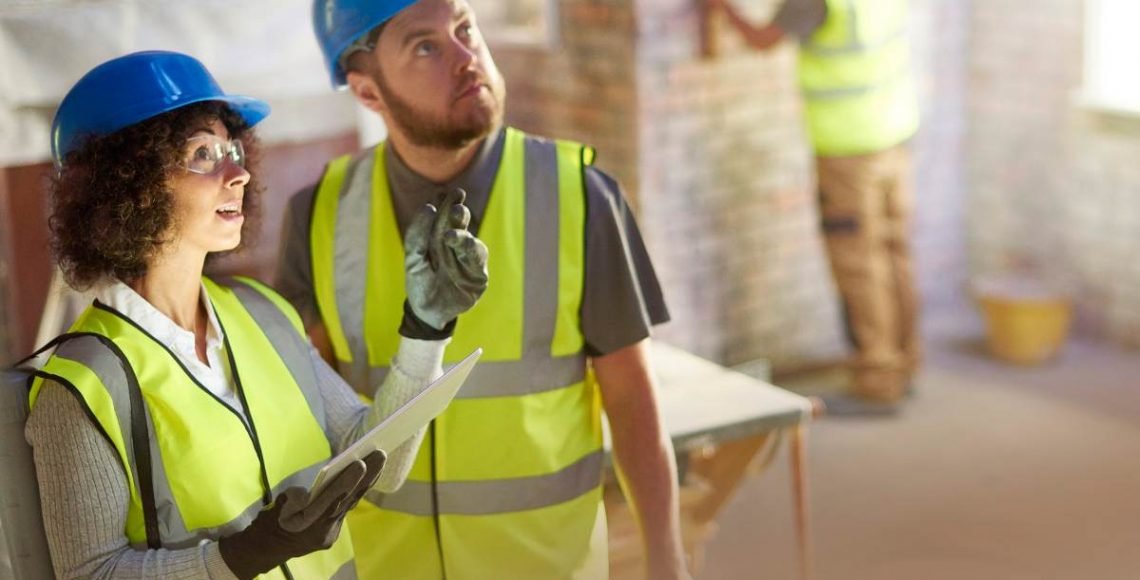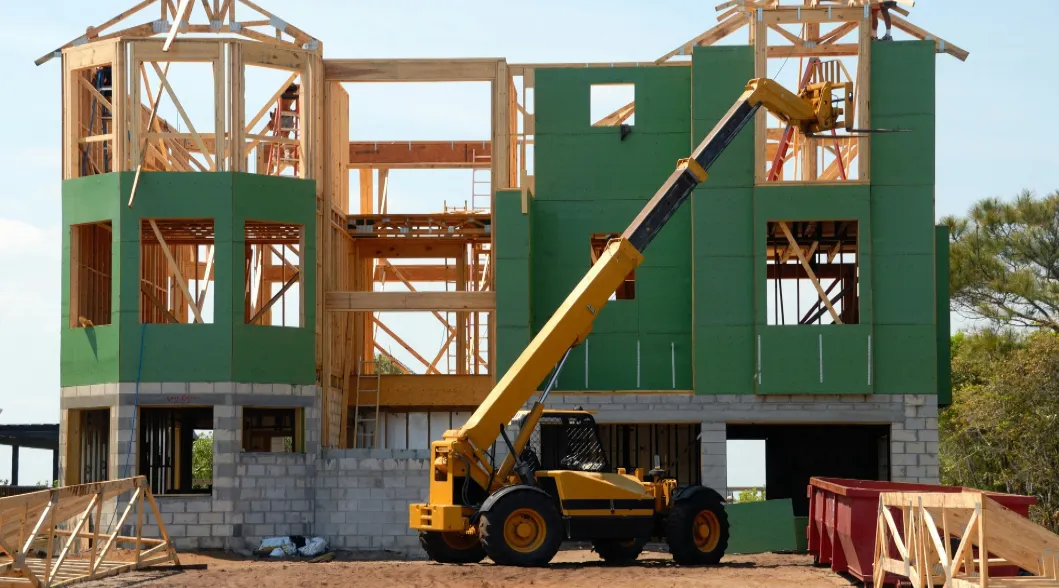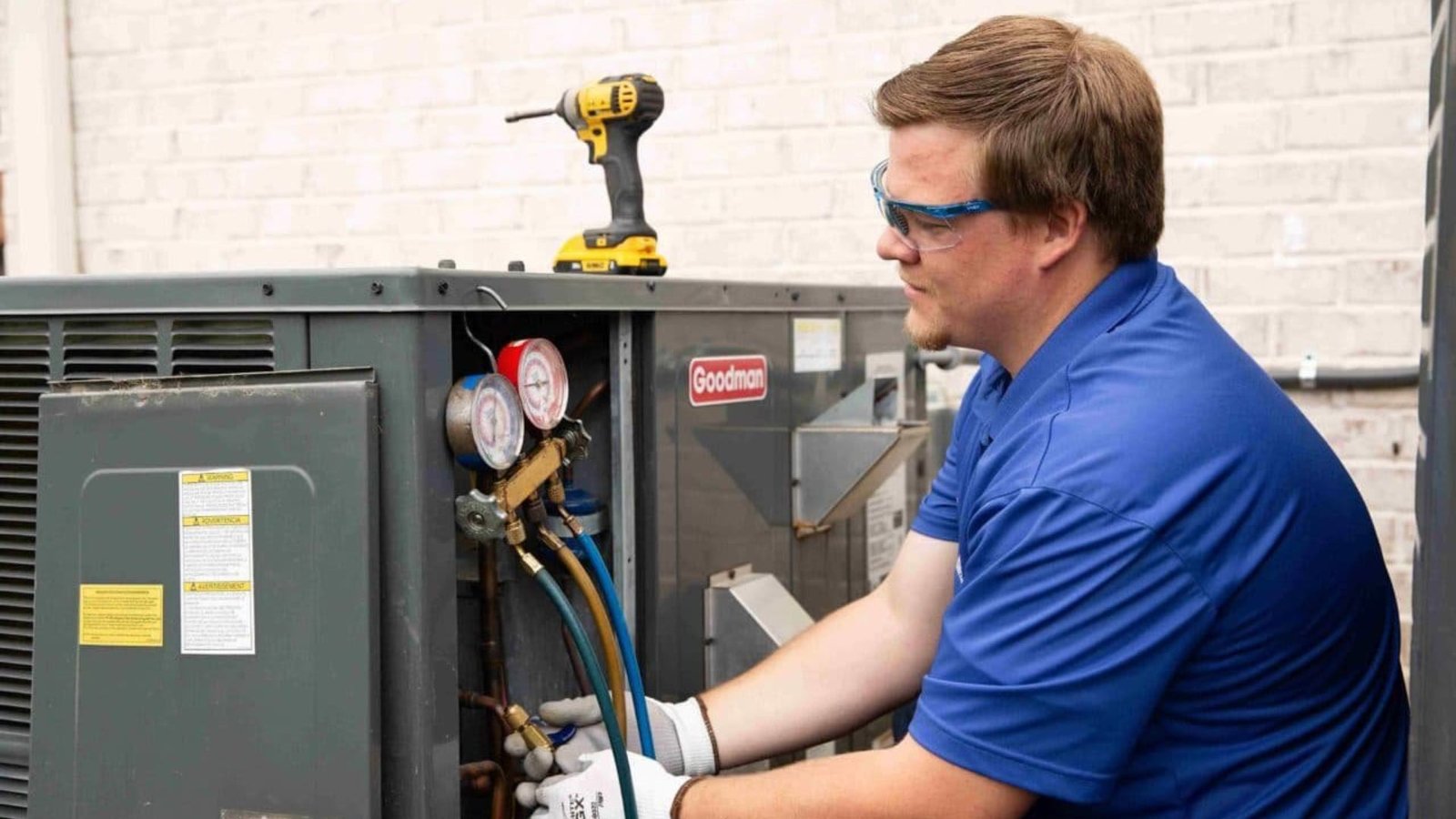If you’re a new investor in commercial real estate, understanding the importance of a commercial building inspection is key to making wise decisions. A commercial building inspection helps you identify potential issues and ensure that the property you’re purchasing is in good condition. In this guide, we’ll walk you through the steps involved in a commercial building inspection and explain why it’s an essential part of your investment journey.
1. Why You Need a Commercial Building Inspection
A commercial building inspection is crucial because it helps you avoid surprises. Whether you are buying, leasing, or maintaining a commercial property, an inspection gives you a clear picture of its condition. The inspector will check the structure, electrical systems, plumbing, HVAC systems, and more. Without this inspection, you might miss hidden problems that could be costly to fix later.
Tip: Always get an inspection before finalizing your commercial real estate deal. It can save you from making an expensive mistake.

2. What’s Included in a Commercial Building Inspection?
A comprehensive commercial building inspection covers several critical areas. These areas include the building’s foundation, roof, electrical systems, plumbing, heating, ventilation, and air conditioning (HVAC). The inspector will also check for signs of pest infestations, mold, and other environmental hazards. A detailed inspection report will highlight any problems, allowing you to assess whether repairs are needed.
Tip: Make sure your inspector covers all the necessary areas in the inspection. Don’t settle for a quick check.
3. How to Choose the Right Inspector
Choosing the right inspector for a commercial building inspection is essential. Look for someone with experience in inspecting commercial properties, not just residential ones. They should be licensed and have a good reputation. You can ask for recommendations from other investors or real estate agents to find a reliable inspector.
Tip: Don’t be afraid to ask the inspector about their qualifications and past work experience. A good inspector will have no problem providing this information.
4. What to Expect During the Inspection Process
During a commercial building inspection, you should expect a thorough evaluation of the property. The inspector will spend several hours examining different parts of the building. Depending on the size and complexity of the property, the inspection may take a full day. The inspector may also take photos and notes to include in the final report. After the inspection, they will provide you with a detailed report of their findings.
Tip: Attend the inspection if possible. This will give you a better understanding of any potential issues.
5. How to Read the Inspection Report
After the commercial building inspection, the inspector will provide a written report. This report will list all the problems discovered, categorized by their severity. The most critical issues, such as structural problems or major safety hazards, will be flagged as urgent. Less important issues, like cosmetic damage, will be noted but may not need immediate attention.
Tip: Pay close attention to any red flags in the report. If there are serious issues, you may want to renegotiate the deal or ask the seller to fix them before proceeding.
6. Negotiating After the Inspection
If the commercial building inspection reveals issues, it’s time to negotiate with the seller. Depending on the findings, you may be able to lower the purchase price or ask the seller to fix specific problems before the sale goes through. Alternatively, you can negotiate for a credit to cover repair costs.
Tip: Be prepared for negotiations. Use the inspection report as leverage to ensure you’re not overpaying for the property.
7. The Importance of Regular Inspections
Even after buying a commercial property, regular inspections are important. Buildings wear down over time, and systems can fail unexpectedly. Scheduling routine commercial building inspections will help you stay on top of maintenance and ensure the property remains in good condition. Regular inspections can also help extend the lifespan of the building and avoid costly repairs in the future.
Tip: Plan for annual or bi-annual inspections to keep your commercial property well-maintained.
Conclusion: Why a Commercial Building Inspection Matters
In conclusion, a commercial building inspection is a necessary step for new investors looking to make smart decisions in the real estate market. It helps you uncover hidden problems, negotiate better deals, and plan for future maintenance. Don’t skip this critical step – whether you’re buying, leasing, or maintaining a commercial property. A thorough inspection can save you time, money, and stress in the long run.
Tip: Always factor in the cost of the inspection when budgeting for your commercial property investment. It’s a small price to pay for peace of mind.




